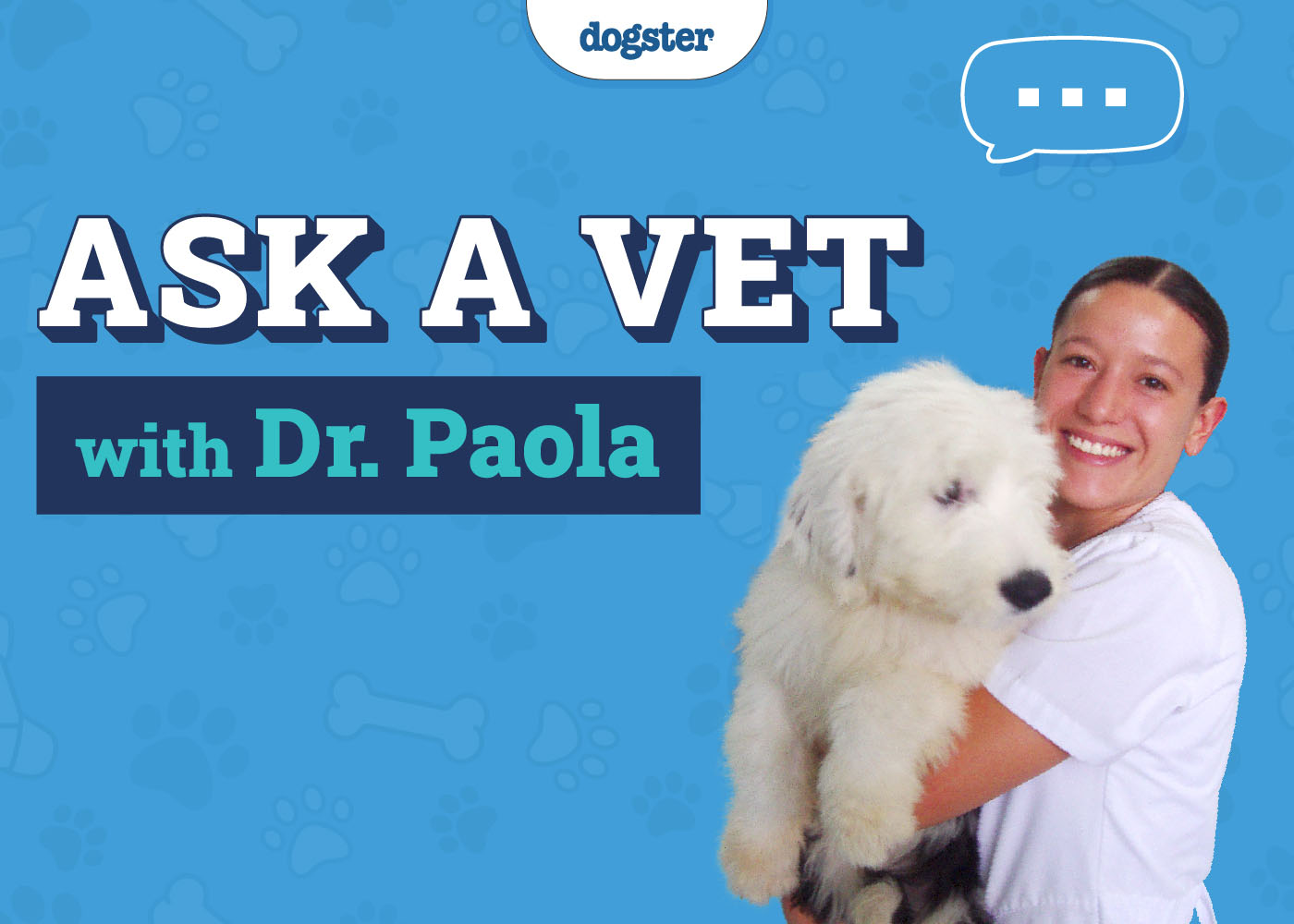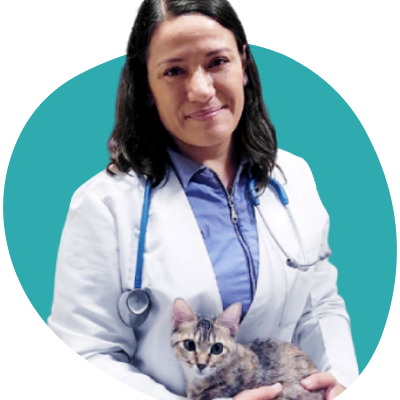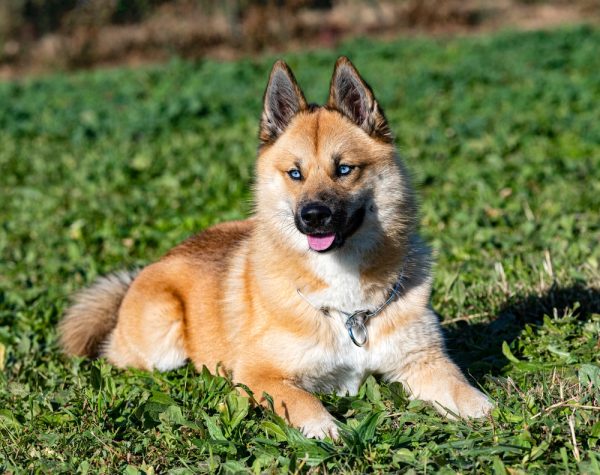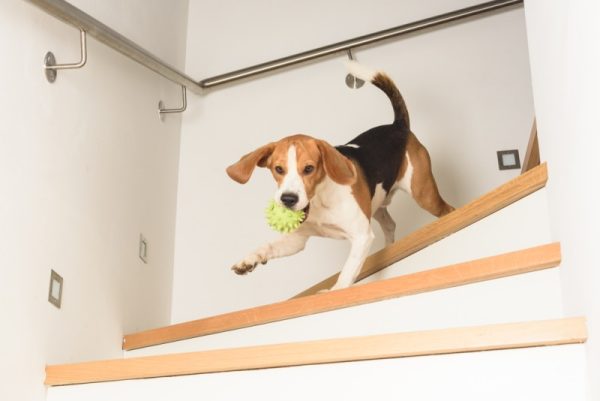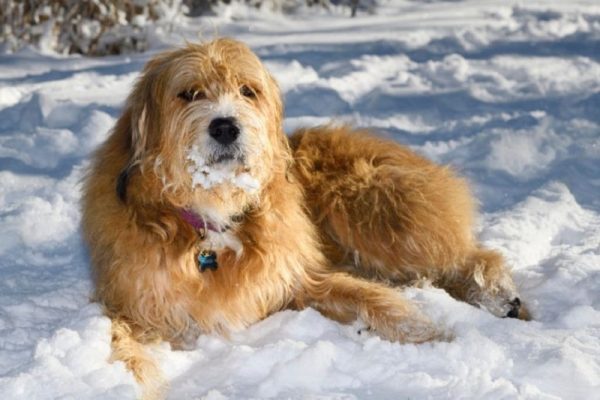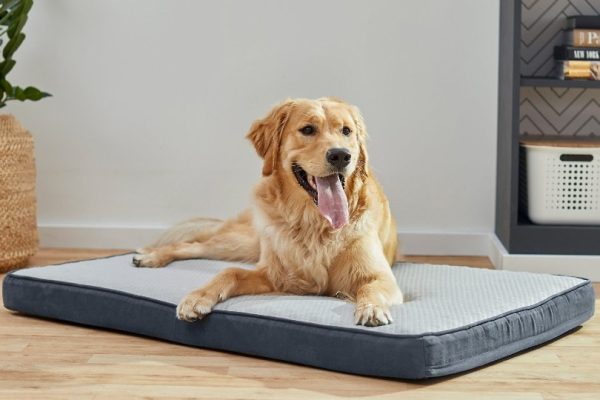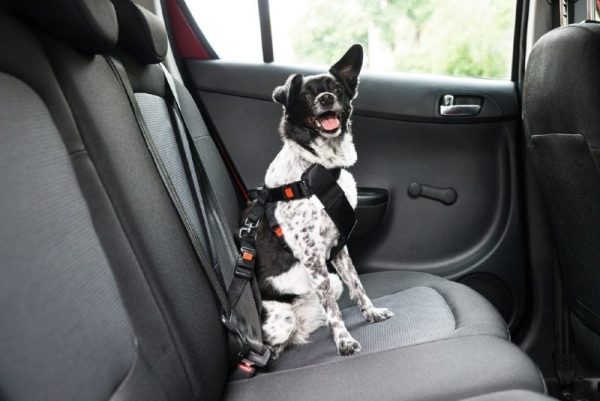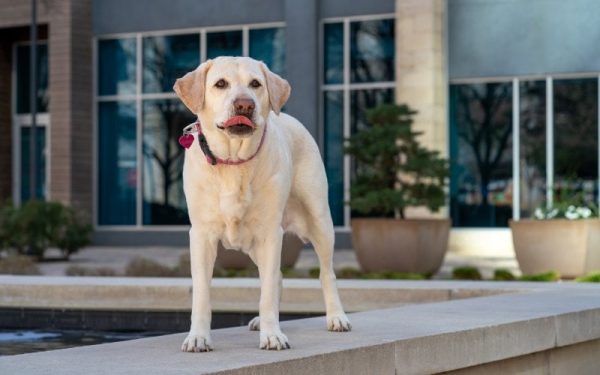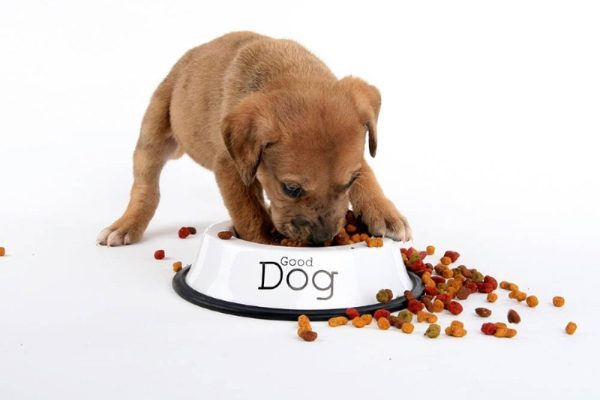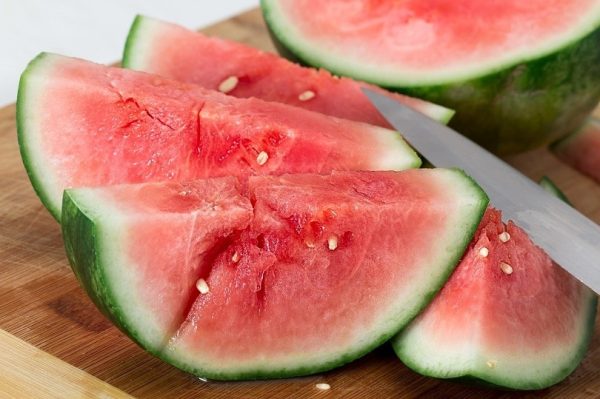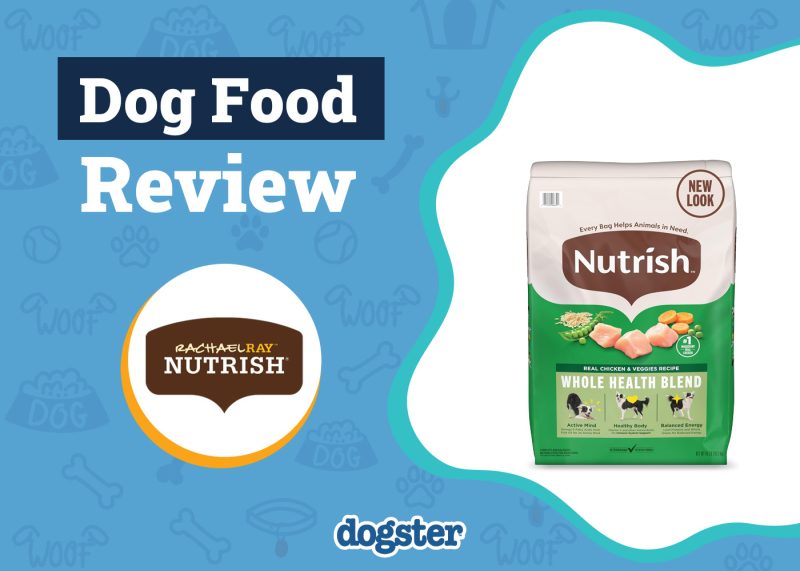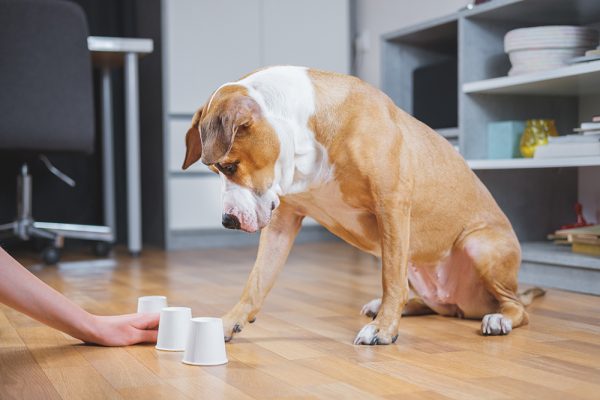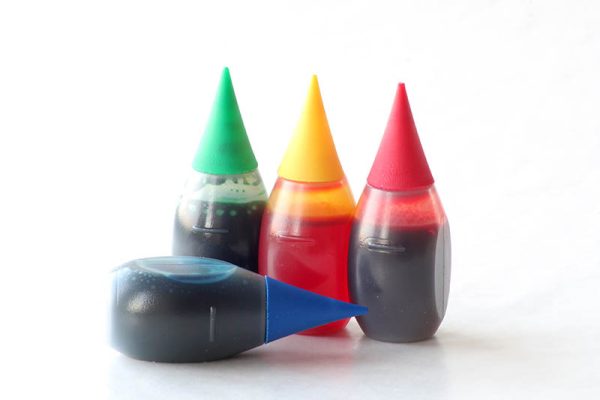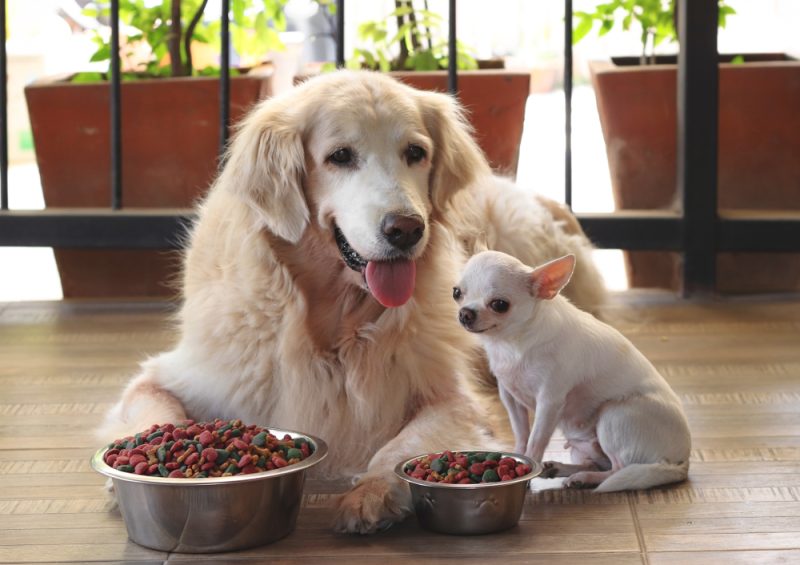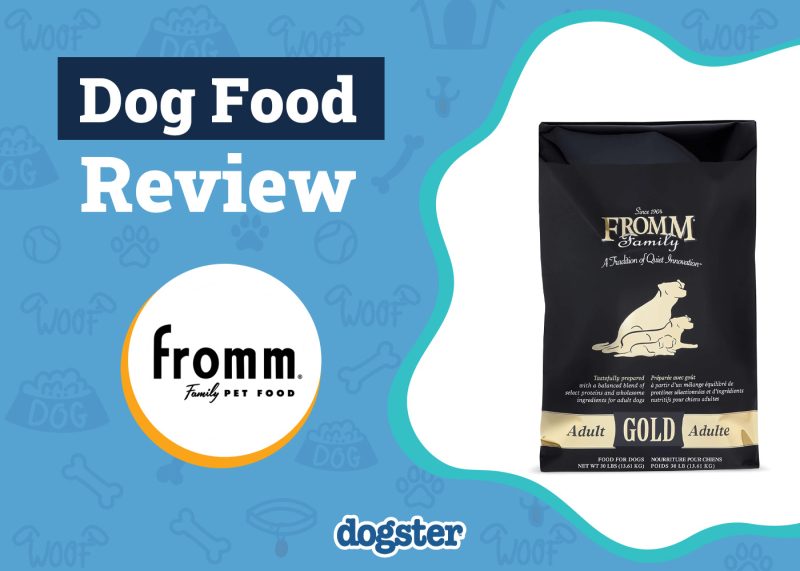Welcome to our “Ask Dr. Paola” series, where every Monday we bring expert advice straight from Dr. Paola Cuevas (MVZ) to help our readers better understand their dog’s health and well-being.
Whether you’re a new pet parent or a seasoned dog lover, Dr. Paola is here to provide answers to your most pressing questions. From nutrition tips and preventive care to troubleshooting common behavioral issues, Dr. Paola is ready to offer insights that will keep your furry friend happy and healthy. Stay tuned for expert guidance on a range of topics that matter most to you and your dog, so you can make informed decisions and provide the best possible care for your canine companion. Have a question? Send it in here!

Help! I Never Brush My Dogs Teeth!
“Dear Dr. Paola,
I’m embarrassed to admit that I’ve never had Maxwell’s teeth professionally cleaned, and I’ve only brushed them occasionally. When I did try, his gums would bleed, which made me hesitant to continue. Instead, I relied on a natural powder that you sprinkle on food daily, hoping it would help maintain his oral health.
About a year ago, I noticed that one of Maxwell’s back teeth was loose. The vet recommended extracting it, and I thought it would be the perfect opportunity to finally schedule a full dental cleaning. Unfortunately, I kept postponing it because the estimated cost was close to $1,000, which felt daunting at the time.
Now I’ve discovered that some of Maxwell’s front teeth are also loose, and I feel like the worst doggie mom. I’m taking him to the vet soon, but I’m scared to hear how far things have progressed. I’m assuming it’s gum disease, and the thought that he might be in pain breaks my heart.
We’ve been with the same veterinary practice since Maxwell was just eight weeks old, going in for both wellness and sick visits. His teeth were always said to look pretty good, and I even remember one of the vets mentioning that brushing wasn’t really necessary.
Looking back, I think it’s fair to say that my lack of understanding about dental care may have cost Maxwell his teeth. I’m praying he’ll be okay, and I truly hope that by sharing our story, someone else might be encouraged to take action earlier and help their pet avoid the same fate.” – Rhonda
Dear Rhonda,
While there isn’t a specific question to answer here, I feel there is a great opportunity to raise awareness about dental health by sharing your and Maxwell’s story in our weekly space. Rhonda’s honesty highlights something many loving pet parents experience: the quiet progression of dental disease.
Maxwell’s signs, like bleeding gums during brushing and loose teeth, point to periodontal disease, which often progresses silently, without obvious warning. It’s important to understand that this doesn’t reflect a lack of love or care. In fact, many dogs show little to no signs of discomfort until the disease is quite advanced, making it easy to miss until more noticeable changes appear. My veterinary dentist colleagues agree that prevention is key, and as you can see, the story shared is that you brushed Maxwell’s teeth occasionally, however, this is something that needs to be done regularly.
The emotional weight you carry is something many pet parents can relate to, but what truly matters is what you’re doing now. By bringing Maxwell to the veterinarian, you’re making a compassionate and necessary choice to improve his condition, comfort, and quality of life. Periodontal disease isn’t just about teeth; if left untreated, it can impact the entire body, including the heart and kidneys. Once oral bacteria get into the bloodstream, they can travel to other vital organs.
Your story also sheds light on how mixed messages, even from well-meaning professionals, can lead to confusion about preventive care. Let’s confirm that regular teeth brushing is necessary and a great habit to prevent painful and expensive dental issues. While in reality, this can prove quite challenging for many pet parents, a second and sometimes complementary option is regular professional dental cleanings under anesthesia. However, training your dogs to allow regular tooth brushing should continue to be a priority.
Your courage in sharing this moment might be the reason another dog gets a professional dental cleaning before their gum, dental, and bone structures are further affected. Maxwell is lucky to have someone who cares enough to act, and this experience can serve as a turning point, not just for him, but for others reading her words. With much appreciation for your kindness and honesty, I also hope your story inspires others.
Dr. Paola
If you want real time answers to your questions, you can talk to one of our veterinarians online. Click on the image or button below:


Help! My Dog Eats Grass!
“Hi Dr Paola,
What do I do if Bobby ate grass?” – Bob
Hi Bob,
When a dog like Bobby eats grass, it’s often not a cause for immediate concern. Many dogs graze occasionally, and while it can seem puzzling, it’s a fairly common behavior. Some dogs eat grass simply because they enjoy the texture or taste, while others may do it when they’re feeling mildly nauseated or experiencing minor digestive discomfort. It can be a bit like us reaching for herbal tea when we feel our stomach a bit off. Other theories include that they might just need some extra fiber. In fact, several scientific studies have concluded that dogs on low-fiber diets are more likely to consume grass, and introducing fructooligosaccharides or a high-fiber diet can reduce this behavior. The behavior may also be instinctual; remember that dog ancestors consumed whole herbivores, including their stomach contents, which often contained plant material.
However, it’s important to keep an eye on how Bobby is doing afterward. If he seems perfectly fine, continues to eat, drink, and play normally, and passes normal stool, then a little grass likely won’t harm him. If, on the other hand, he starts showing signs like repeated vomiting, lethargy, reduced appetite, or abdominal discomfort, it’s best to seek veterinary guidance. Always be mindful of where he’s grazing, too, since treated lawns may contain chemicals such as fertilizers, herbicides, and insecticides that could be very harmful to him. If you know Bobby enjoys grazing, it’s best to allow him to do it in a yard you are sure is free of potential toxins.
Best,
Dr. Paola

Help! My Dog Sighs When I Eat!
“My dog Pickles sighs and groans very dramatically when I’m eating snacks and don’t share. Is there any evidence that dogs can be passive-aggressive? How can I stop the guilt trips? “ – Dylan
Hi Dylan, what you’re observing in Pickles is a classic example of how dogs learn how to use expressive behaviors to communicate their wants and feelings, especially with people they’re closely bonded to. The term “passive-aggressive” is very human and implies a certain level of intentional manipulation; dogs don’t quite operate with that kind of complex social strategy.
Instead, what looks like a dramatic sigh or groan is often just a learned behavior that gets a reaction from you. If Pickles has noticed that his theatrical moans catch your attention or, even worse, have at some point in the past earned him a treat, he’s very likely to repeat the behavior because it works. It’s less about guilt-tripping and more about effective communication through trial and reward. To put it in simple terms, he is, in a way, training you.
To shift this pattern, it’s necessary to be consistent with establishing healthy boundaries during snack time. You might try giving him a long-lasting chew or a toy he only gets during those moments, so he still feels included. It is important to give it before the moaning starts so he isn’t rewarded for the dramatic performance. Ignoring the behavior while it’s happening, without scolding or engaging, can also help extinguish it over time. This means not even looking at Pickles while you have your food, and he continues to vocalize.
This is easier said than done, but it’s important to take the guilt trip off and put your patience mindset on. It helps to think that not expecting to eat human food is in their best interest, as much of the stuff we can eat contains spices and ingredients that are actually toxic for them. If you ever feel that you need personalized guidance or support for your plan’s performance, a quick online consultation with one of our vets at PangoVet could help clarify things and get you some great tips to include in your behavioral modification plan. Something else, if you and Pickles share your home with other humans, everyone needs to agree on the plan, or else he will never understand what is acceptable behavior from what is not. I wish you good luck with the challenge, you got this!
– Dr. Paola
- View past week’s questions here: April 28, 2025
- See our full list of past articles here
- Click here to submit a question
- Get Dr. Paola’s weekly advice sent straight to your inbox. Sign up below!


